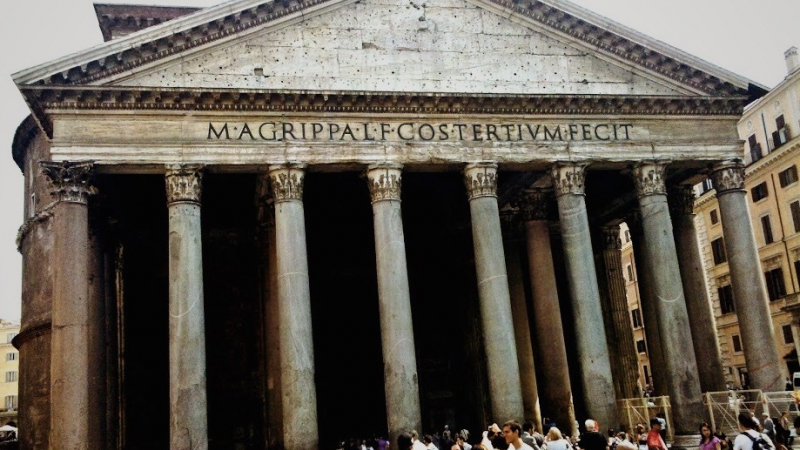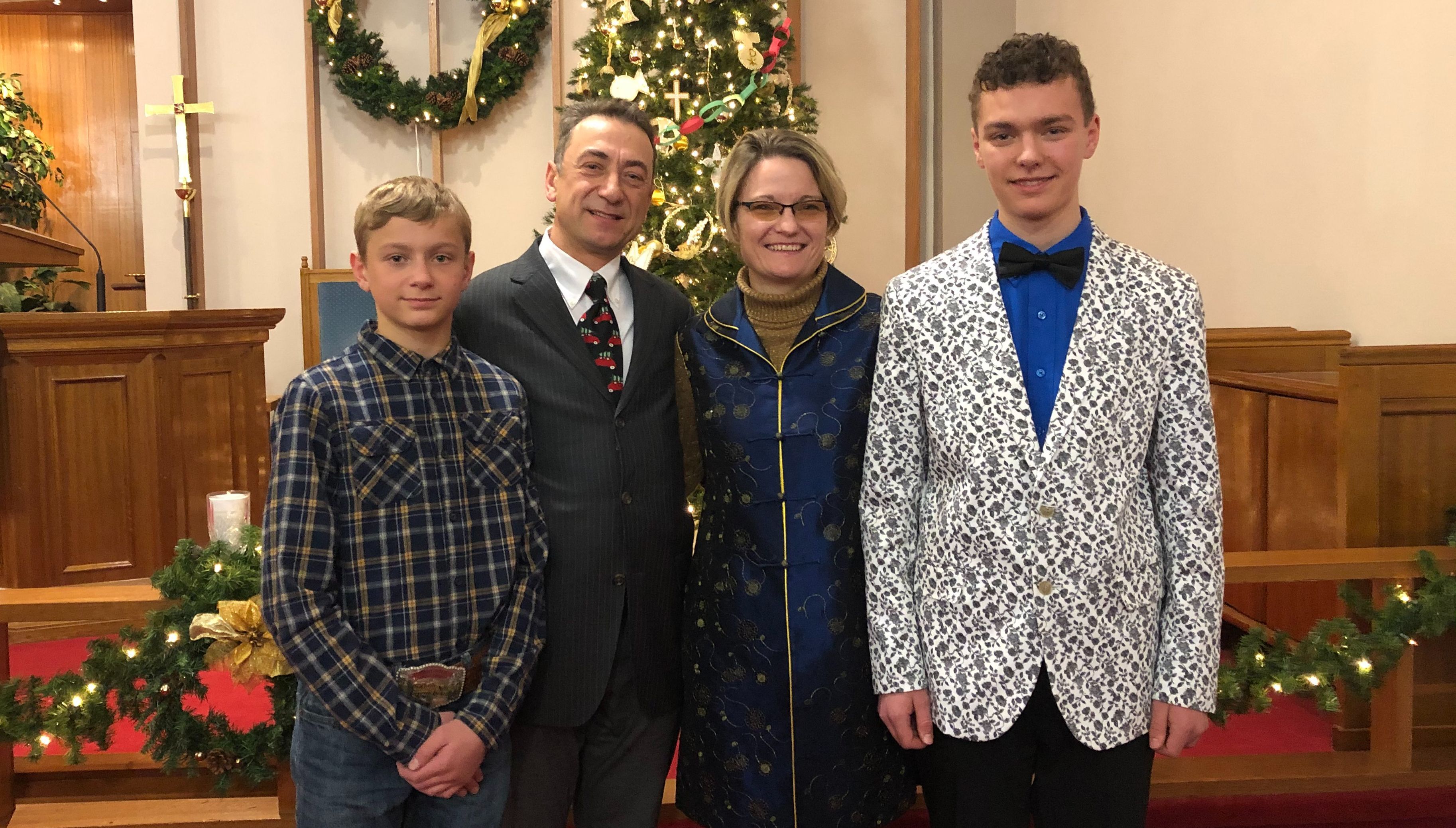A Passion for Latin

My name is Kari Ceaicovschi and I am a Latin teacher. If I would have told my 18-year-old self that twenty-eight years ago, I would have never believed it. Growing up in Central Montana on a sheep and cattle ranch, my roots were deep in the livestock industry; I lived, breathed, and thought constantly about cattle and horses. I was about to embark on a livestock exchange program to Australia where I would spend two years training horses and managing livestock. Unforeseen by me, there was another path being prepared, one of academic rigor and discipline, and a journey west where I would carve out a career quite different than the one I had imagined.
The origin story of my journey began at the University of Montana where I enrolled in the Journalism department with my sights set squarely on becoming a livestock journalist. Because I had arrived home from Australia late in the summer, I did not pre-register for any classes and was signing up for any remaining open sections the Friday before classes started. I walked into the registration room which was filled with tables manned by professors and secretaries. Being the practical person I was, I did not want to waste time standing in lines, so I looked for the tables with the shortest lines, especially when it came to choosing a language. There was one table without a line! I made a beeline for that table and discovered that it was the Latin table. To be honest, I knew nothing about Latin, but after weighing my options and looking at the line for Spanish and French, I decided instantly to sign up; and that was the beginning of my journey.
Now you may wonder how one impulsive act could have resulted in a career that has now spanned almost three decades of teaching Latin and has included the teaching and mentoring of hundreds of mostly middle-school-aged kids. How did a ranch girl from central Montana get hooked on a language and literature used almost 2,000 years earlier; how did a passion for the outdoors, cattle, dogs, sheep, and horses transition to an equally, if not stronger, passion for learning Latin and teaching? Sometimes I wonder the same thing, but looking back on it, the foundation of my passion and interest was firmly grounded in my identity as a Christian.
When I was younger, my education did not include very much that related to my beliefs in God or in my identity as a Christian, my school life and Christian life were very much separate things. When I began to study Latin early in the fall of 1993, I quickly realized that I had a hunger to learn about the world in which Christ lived and acted. I wanted to understand the history of the time which God chose to enter into this world and alter the world forever through this intervention. In addition to Latin, I also took courses in ancient history and literature, but courses in translation only offer a veiled view into this world; to understand a culture and their beliefs, one has to study the words.
Words reveal the heart and soul of a man. In the same way that we learn about God through God’s own Word (Logos), we can learn about people through their words. Latin offered to me a way into an ancient and mysterious world, one in which Christ lived and acted and one in which the gospel spread. It is true that it took me years to master Latin to a level at which I could read and understand complex philosophical texts and poetry, but the process started very early for me. I remember the day that my Latin professor explained in an off-handed way what the very word passion actually means. I speak English; I did well on my tests; I vaguely knew that passion means something like a compelling desire to do or have something. My professor quietly explained the true etymological meaning of passion. It comes from the Latin verb patior, pati, passus sum which means, “to suffer”. He then went on to explain that Christ’s death on the cross is called his passion because he suffered and died. Hence the name Passion Play. This message reached in a different way than knowing the events of the crucifixion. I realized at that moment that the message of Christ is even encoded in words, but we have to know what the words mean to hear the message.
As a Latin teacher, I have always taught in Classical Christian Schools and I have seen the same thing happen to many students in a Latin class. I’ve seen many students who are otherwise uninterested in language become engaged and curious when I bring up common words that have unexpected meanings. The thing is that both we as teachers and we as parents do not know what will suddenly speak to a student/child and rouse their interest to learn. Both the teaching and learning of Latin is a difficult task, but as I argue, we do not know the potential benefit to any given student until we try. I always like to remember the words of Martin Luther, who said many wise things: We are not yet what we shall be, but we are growing toward it, the process is not yet finished…So I keep striving to improve in my teaching and trying to find the word that will ignite the students’ passion for learning.

Kari Ceaicovschi stumbled upon Latin when registering for a language as an undergraduate at the University of Montana. Many years later with an M.A. from Stanford (1999) and a Ph.D. from the University of Washington in the Classics (2000), she continues to be an enthusiastic advocate for the study of Latin and inspires her students to feel the same way about the language.
Kari has taught Latin at all levels and has taken several groups of students to Italy to study the historical remains of ancient Rome.






